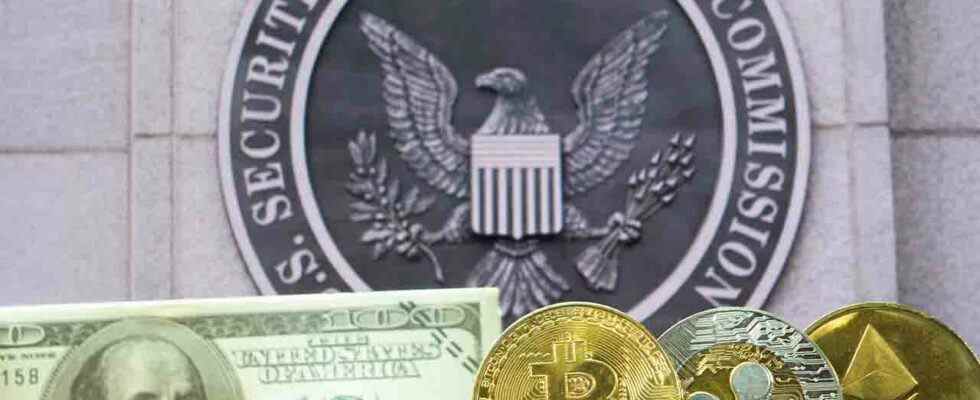On March 30, the SEC Audit Division released a report highlighting the technological, legal and regulatory risks associated with securing crypto assets. The report in question was handled in connection with the XRP case. In the report, the SEC highlighted that the cryptocurrency sector will be one of the priorities of the Securities and Exchange Commission Review Division:

“Audits of market participants dealing with crypto-assets will continue to review custody arrangements for such assets and will evaluate the supply, sale, recommendation, recommendation and trading of crypto-assets.”
Reaction by Ripple (SEC)
Ripple vs. Advocate for XRP holders in SEC lawsuit John E Deaton reacted to the news. In his Twitter post, John said that in his view, the SEC has taken the first step towards taking legal action against cryptocurrency exchanges. announced:
“The SEC is getting ridiculous. The war continues. I predicted an SEC lawsuit against one or more exchanges by the end of the summer. I still believe in that.”
It’s worth noting that the SEC has rejected many requests over the years to provide regulatory guidance on crypto assets. The statement from the SEC also states that “the responsibility for the lack of legal and regulatory clarity lies with us.”
Will it exceed the SEC jurisdiction?
While this recognition was the first step towards a regulatory framework, it also raised concerns that it would expand the jurisdiction of the oversight body. We can say that the concerns are even higher, especially as the XRP case continues.
According to the new rules, all digital assets held by investors on the platform will be treated as platform assets. This will affect the balance sheets of most companies and leave them under SEC scrutiny.
Last year, Coinbase reported $21.3 billion in assets and liabilities on its balance sheet; There was $278 billion in digital assets at the time. According to SEC registration requirements, any company with more than $50 million in assets immediately falls under the jurisdiction of the Securities and Exchange Commission. Therefore, liquidity providers and automated market makers may have no choice but to register with the SEC if digital assets are added to their balance sheets.
Ultimately, this means they must register with the SEC and comply with federal securities laws and regulatory obligations.
You can check the price movements here.
Disclaimer: What is written here is not investment advice. Cryptocurrency investments are high-risk investments. Every investment decision is under the individual’s own responsibility. Finally, KoinFinans and the author of this content cannot be held responsible for personal investment decisions.
